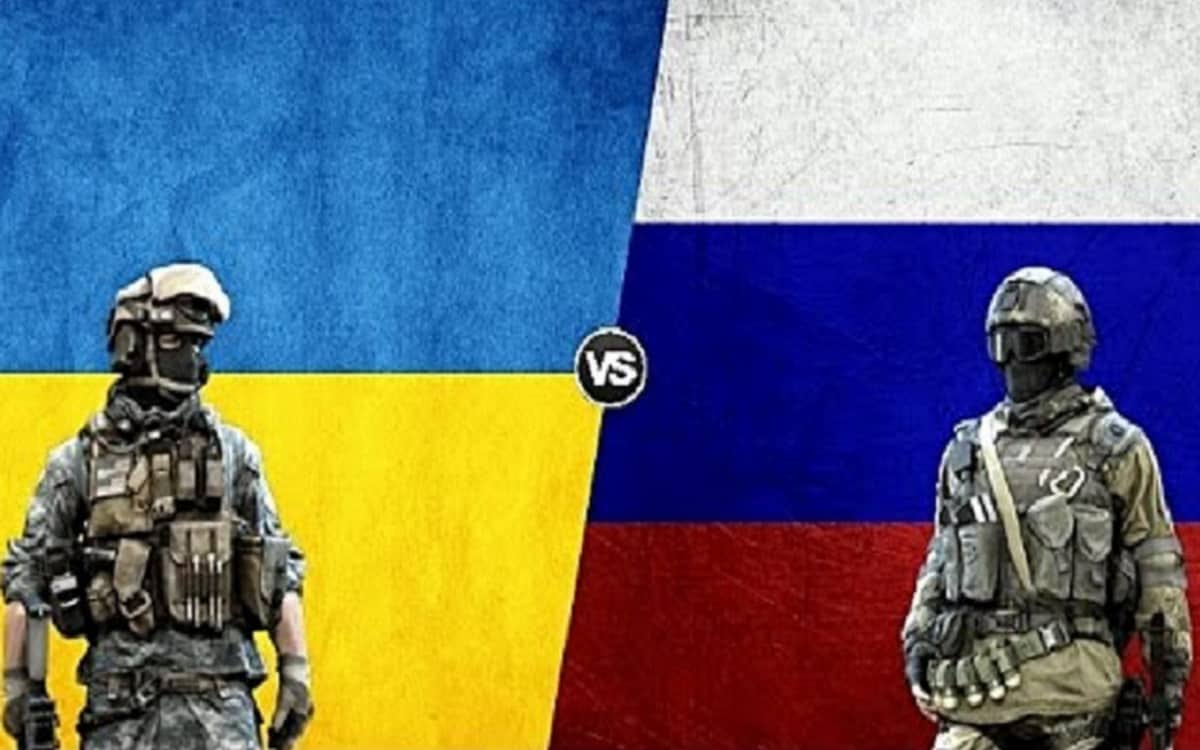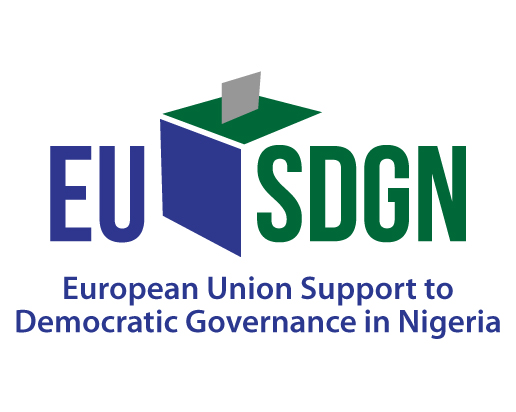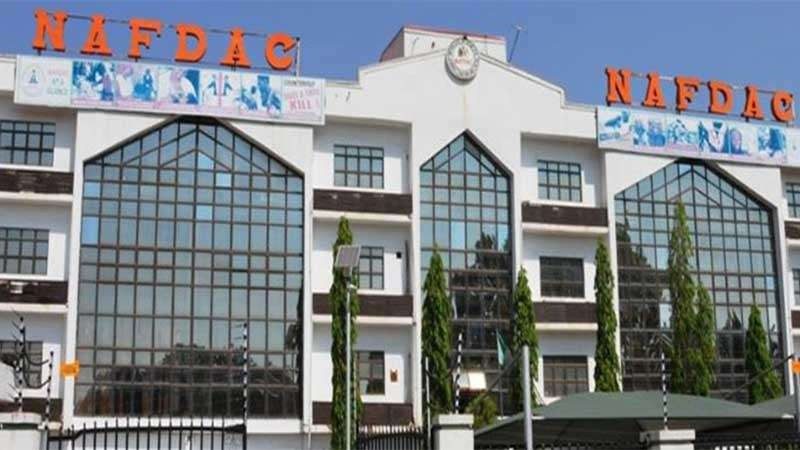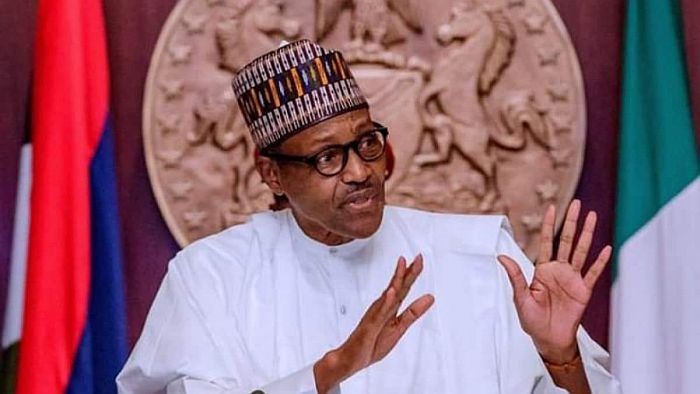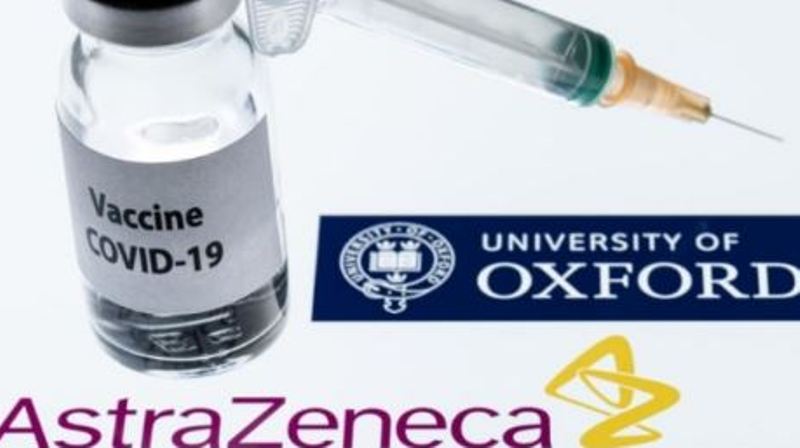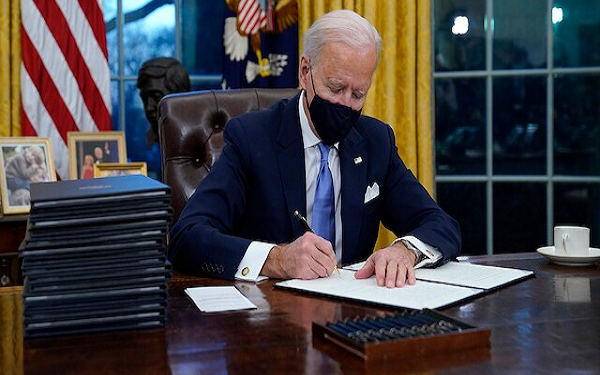The National Agency for Food and Drug Administration and Control (NAFDAC) has called for synergy amongst government agencies to end the rejection of made in Nigeria food products by the U.S and European Union.
The call was made in a statement signed by the agency’s resident media consultant, Mr Olusayo Akintola, and issued to newsmen in Abuja, on Sunday.
The statement quoted NAFDAC’s Director General, Prof. Mojisola Adeyeye, as decrying the persistent rejection of food and agricultural commodities from Nigeria by the two entities on account of poor quality.
She urged all the regulatory agencies at the port to find a lasting solution, by ensuring Rapid Alert System for Food and Feed (RASFF) of border rejection by the EU of products originating from Nigeria.
Adeyeye was speaking on quality and safety of export food trade at a virtual technical roundtable with government agencies like Ministry of Agriculture, Foreign Portfolio Investments (FPIS) and the Standard Organization of Nigeria (SON), among others.
She lamented the resulting bad image the repeated rejection of commodities from Nigeria by the EU had caused the country, noting that the stakeholders meeting was, therefore, apt.
The NAFDAC chief executive said that the meeting was apt in view of the volume of food and agricultural commodities from Nigeria that were currently facing challenges at entry points in some European countries and the U.S.
‘’ NAFDAC has a statutory responsibility to safeguard public health, through the execution of its mandate, we are charged with the responsibility to regulate and control the manufacture, importation, exportation, distribution and advertisement.
“We are also charged with the responsibility of monitoring sale, use of food, drugs, cosmetics, medical devices, bottled and packaged water, chemicals, that were generally referred to as NAFDAC regulated products.’’
“NAFDAC is designated as World Trade Organization/sanitary and phytosanitary enquiry point in Nigeria on food safety to facilitate international trade, and respond to enquiries on safety standards, regulations, and guidelines on food trade in Nigeria,” she said.
Nigeria’s products meant for the export market are faced with the presence of contaminants, such as pesticide residues, notoriously dichlorvos and other impurities, exceeding the maximum permitted level, she also stated.
Some of the products, she noted, also faced the challenges of inadequate packaging and labeling which had caused a lot of product rejections in the global market.
Adeyeye explained that the international market was competitive in nature and only accepted products of high quality with relevant certifications and quality packaging that was environmentally friendly, to trade globally.
She stressed the need to address the issue of rejection because the problem of quality, standard, certification, and appropriate packaging for made-in-Nigeria products destined for export had been a recurring issue in the international market.
NAFDAC had over the years intervened to assist Nigerian exporters meet with international regulations, thereby creating employment and earning foreign exchange for Nigeria, she said.
Through this intervention by NAFDAC, Adeyeye added, it was agreed that the products be subjected to 100 per cent pre-export testing and issuance of health certificate to products with satisfactory limits before further EU verification at their border control points.
She also disclosed that NAFDAC had analysed the RASFF alert from the EU and observed that most rejected products by the EU were smuggled out and we’re not certified by the agency nor the Nigeria Agricultural Quarantine Services at the ports.
Adeyeye stated that the issue really called for proper collaboration and synergy amongst all agencies of government, to curb the inappropriate behaviors of some exporters and ensure that only quality and certified products were exported.
‘’We need to close the gaps and work together to prevent regulatory gaps being exploited by the unscrupulous traders and their collaborators. There must be a convergence for all regulatory activities.
“We have to do this, especially at the Ports of Exit, before we begin cleaning up and capacitating the honest operators and traders in the country’’.
“Based on the RASFF alert received from the EU, she said, NAFDAC had sensitized food processors, handlers and exporters through training programmes, workshops and seminars on the current food safety management requirements.
“Hazard Analysis and Critical Control Point (HACCP), Good Manufacturing Practices (GMP), Good Hygiene Practices (GHP) and Risk Analysis are crucial to ensure that products are safe and of good quality.
“To gain consumers’ confidence and acceptability from Nigeria, effective assessments of export products are very key, basic information that may be needed to be considered in the accompanying shipping documents include Certificate of Radiation,” Adeyeye said.
She called on the participants at the roundtable, especially the MDAs, to be awake to their responsibilities as the nation’s gatekeepers by ensuring the availability of quality-assured, safe, wholesome and efficacious products, stressing that they must always strive hard to meet up with quality, to stop further rejection.
The NAFDAC director general said that they must converse together, understand one another, agree to work together, and come up with a workplan for whatever we agreed to do and must turn a new leaf for the sake of the country.
She said that there was need for coordination, cognition, and collaboration between regulatory agencies of the government in order to effectively address the problem faced in the international market.
